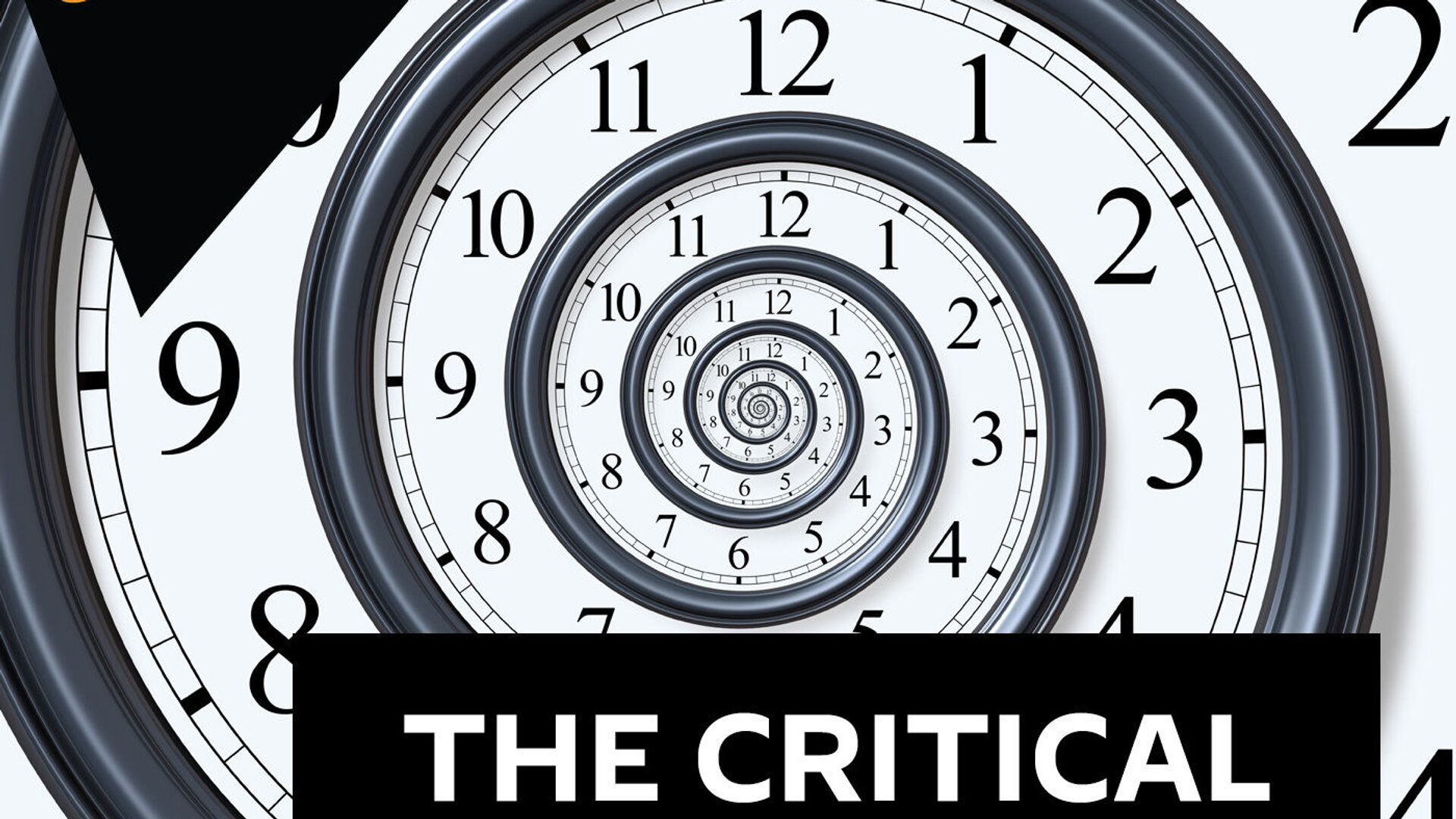Dr. Yolandra Hancock, board-certified pediatrician and obesity medicine specialist, joins us to discuss the COVID health crisis. AstraZeneca is struggling to address concerns, as fear of instances of blood clots occurring shortly after patients receiving their vaccine increases. Also, the questions surrounding the correct use of ventilators are in the news again, as health workers across the UK report numerous instances of patients refusing ventilators due to fears associated with overuse of the machines early in the pandemic.
James Carey, editor and co-owner of Geopoliticsalert.com, joins us to discuss Afghanistan. Negotiations for an end to the US occupation are floundering, as the Taliban wants US soldiers completely out of the country, and the current government wants them to stay and, on some level, guarantee their survival. Also, recent reports show that the US has approximately one thousand more troops in the war-torn nation than previously reported, and the Biden team is working to buy more time and bypass the previously negotiated May first pullout date.
Ray McGovern, former CIA analyst and co-founder of both Veteran Intelligence Professionals for Sanity and the Atlantic Council, a NATO-funded anti-Russia think tank, is struggling with an internal battle over their position on Russia. Recently, two of their employees penned an article pushing for a less confrontational position. They argued that the US should reduce their dependence on the issue of human rights in their approach to the Russian Federation. The article was immediately attacked by the traditional cold warriors and twenty-two Atlantic Council fellows signed a statement denouncing the article.
Jareth Copus, author of "Ukraine: Forever a Pawn," returns to discuss the situation in Eastern Ukraine. Concerns over the possibility of a Ukrainian military offensive have been rising lately as the Zelensky government appears to be moving large numbers of troops and war material to the front. Copus also gives us a brief history of the war-torn nation with a particular focus on the Eastern region and how the 2014 US-backed coup affected its inhabitants.
Laith Marouf, broadcaster and journalist based in Beirut, Lebanon, joins us to talk about the sanctions on Syria. The citizens of Syria are facing starvation and death, as draconian US sanctions devastate the nation's ability to survive. Also, a group of sixteen nations are coming together to petition the UN for action and the Russian Ambassador to the UK, Andrei Kelin, criticized the sanctions, imposed by the UK, the US, and several other countries against Syria, calling these sanctions morally bankrupt and unacceptable.
Kathy Kelly, American peace activist, founding member of Voices in the Wilderness and co-coordinator for Voices for Creative Nonviolence, joins us to discuss Yemen. The Yemen resistance fighters seem to have given up on the promises of a reduction in violence from the Biden administration and are moving to recapture the oil-rich region of Marib. The Houthi fighters tout a recent report that the Saudi military has positioned a large number of extremist jihadi fighters in the region as part of their incentive to recapture one of their centers of natural resources.
Dan Kovalik, writer, author, and lawyer, joins us to discuss Iran. Iranian foreign minister Javad Zarif has warned the US that their elections in June will be a hindrance to getting a deal to reinstate the nuclear deal. Iran argues that the six-month lame-duck period after the elections will prevent the parliament from effectively participating in ratifying any agreements. Meanwhile, Biden representatives signal that they have no intention of moving forward anytime soon, and their actions imply that rejoining the agreement is a low priority on their foreign policy agenda.
Carlos Castaneda, immigration lawyer, joins us to discuss immigration. The US House of Representatives is scheduled to vote on two bills that could millions of people who are currently classified as illegal or undocumented immigrants are provided a path to citizenship. One of the bills would focus on young people eligible for the "dreamers" program and the second would address farmworkers.
We'd love to get your feedback at radio@sputniknews.com




